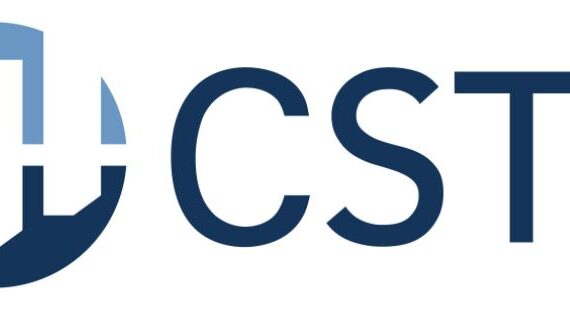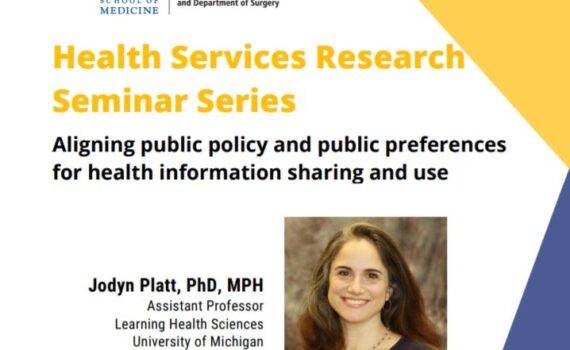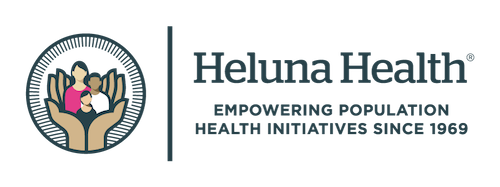Getting an MPH or PhD in Epidemiology on its own is no easy feat. Add in jobs, APEs, covid, and any kind of personal life and it can sometimes feel like you’re drowning in responsibilities and expectations. For second year master’s students, as we enter our final semester, we are also faced with the massive obstacle of completing a thesis or capstone. As I’ve seen countless peers, like myself, struggling to work on their thesis recently I thought I would share some of my own struggles and the things that have made them a bit easier, in the hopes of making someone else feel a little less alone.
Take a break. This past week I spent almost an entire day struggling to find an answer to a question I wasn’t even sure I understood. After agonizing over tables and DAGs but accomplishing nothing for hours I decided to take a break and go on a short hike near my apartment. Getting away from my computer, experiencing some nature, and getting some activity outside of the 30 foot walk from my desk to the kitchen saved my mental health, and reminded me that I don’t have to figure out the answer to every question on my own. Sometimes, giving your brain some time to reset may be just what you need.
On that note, talk to your advisor! Or at least a professor that can help you answer those hard questions you just can’t figure out. As much as we’ve learned in our classes over the past year and a half, there is still much to be learned in the field of public health that can only come from experience. Our professors, advisors, supervisors, and even our peers can offer insight into a problem we may have never considered. Having someone to go over ideas with or ask questions to has made this process so much easier for me, which is the point! Just remember, you’re not going through this alone.
Ask someone to hold you accountable. When I initially created the outline of my thesis, I thought the deadlines I set for myself to complete various parts were doable. Now that I’ve adjusted those deadlines 3 or more times I laugh at my early optimism. If you, like me, are slow to complete any task without external pressure then maybe you can relate. Telling someone else– your thesis advisor, a friend, or even a parent– when you plan to complete each section may help you hold yourself accountable and finally put in the work you know you’re capable of.
Create an inviting workspace. I’m someone who is easily distracted and who often finds any excuse not to do my work (hence writing this article instead of my thesis). That’s why spending the majority of my time working on the couch in my living room was not cutting it for me. I recently revamped my study space and I cannot emphasize how big of a difference it has made. Having a desk chair that is actually comfortable to sit in is a big enough enticement to forgo working on the couch, where a roommate, TV, and kitchen are all within easy access to help me ignore my responsibilities. Moving a lamp by my desk to get better lighting has also given the space a cozier feel. While I’m still battling temptations like my bed and social media, having a comfortable, clutter-free, and inviting study space has definitely helped ease some stress and increase my productivity. If you want to make your desk more inviting consider adding a plant, candle, or even hanging a picture over it to add a little positivity to your workspace.
Ultimately, we’re entering a period that has so much stress and uncertainty. Figuring out post-graduation plans while reconciling that for many, this is your last semester of school EVER is hard enough without rising covid cases, returning to online learning, and the exhaustion of surviving through two years of a global pandemic. Be gentle with yourself and give yourself grace. You and your thesis don’t have to be perfect. And remember that if there’s something you can do that would add even a little bit of joy to your life in this uneasy time, it’s probably worth it.
Featured Image by nikko macaspac on Unsplash









Recent Comments